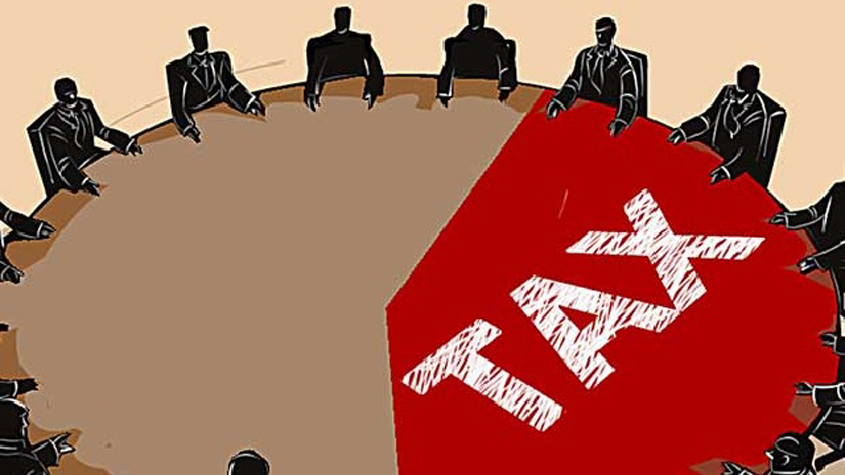Startup companies in India are divided in their opinion on how the Goods and Services Tax, which became enforceable from Saturday, 1 July, would impact their businesses. While some are looking at the new tax regime with confidence, few others are skeptical of the benefits that have been outlined.
Akshay Jain, founder, Namo E-Waste Pvt. Ltd., a Faridabad based e-waste recycling start-up, told this reporter, “We recycle electronic waste, which is not on the GST list. There is ‘scrap’ and there are ‘computers’ on the list of items but not ‘computer scrap’. So for now we will be taxed as per the rates that apply on scrap and we hope that the government will provide more clarity on how we are supposed to comply with the GST.”
On a more positive note, he said, “After GST we will require only 25% of our existing man power to handle our tax and accounts work as GST is a lot more easier.”
Meanwhile, New Delhi based laundry start-up, UClean, will faces the sustainability challenge as electronic goods and detergent both have been promoted to luxury goods item under the GST. The founder of this nine-month-old startup, Arunabh Sinha, said, “GST on our equipment has increased from 22%-23% to 27%-28. On our consumables like detergents, chemical softeners etc., it has increased from 23%-24% to 28%. So, if you outsource your laundry, the cost of getting your clothes cleaned has increased.”
Sinha explained, “Currently a family of four spends around Rs 1,800-1,900 on their laundry every month which includes a wage of Rs 700-Rs 800 to their washerwoman, Rs 350-Rs 300 on detergent, and Rs 300 to cover the cost of ironing. However, our monthly package provides 40Kg of laundry-wash, drying and ironing for just Rs.1,600 a month.”
While on one hand higher tax slab means a sustainability challenge, on the other it also means a swelling consumer base. Co-founder of Stage3, a fashion rental and styling platform, Sanchit Baweja, said, “We provide high-end designer goods on rent, which now come under the highest tax slab of 28%. Since the tax will make these goods more expensive, more people will be willing to rent them out. ”
Another entrepreneur Prashant Sharma, CFO of Voylla, an online jewellery store, said, “Since inter-state trade will be a lot more convenient now, we expect to benefit from it. We had to change our invoice structure and debit and credit note, but we are absolutely prepared for GST and have full clarity on GST’s modus operandi for our business.”
Explaining the benefit of GST, Sharma said, “GST is a relief for start-ups. It is amalgamating indirect taxes and eliminating tax cascading. The free flow of tax credit will be a bane for businesses and help start-ups maintain smooth cash flow.”
However, there are other startups that are unsure of the GST. Abhishek Chauhan, founder of MiScreen (Multiple Intelligent Screen), a marketing startup that provides outdoor TV and content production, said, “It is too premature to assume whether GST will be good or bad for my business. We are a marketing startup that uses LED displays with tailor-made video content to help our clients market their goods and services. Now the tax slab on LED has jumped from 5% to 28%. This directly results in a huge increase in our cost. So, if our clients will expand their marketing budget then we have no problem. Else, we will have to improvise and expand our list of services.”

